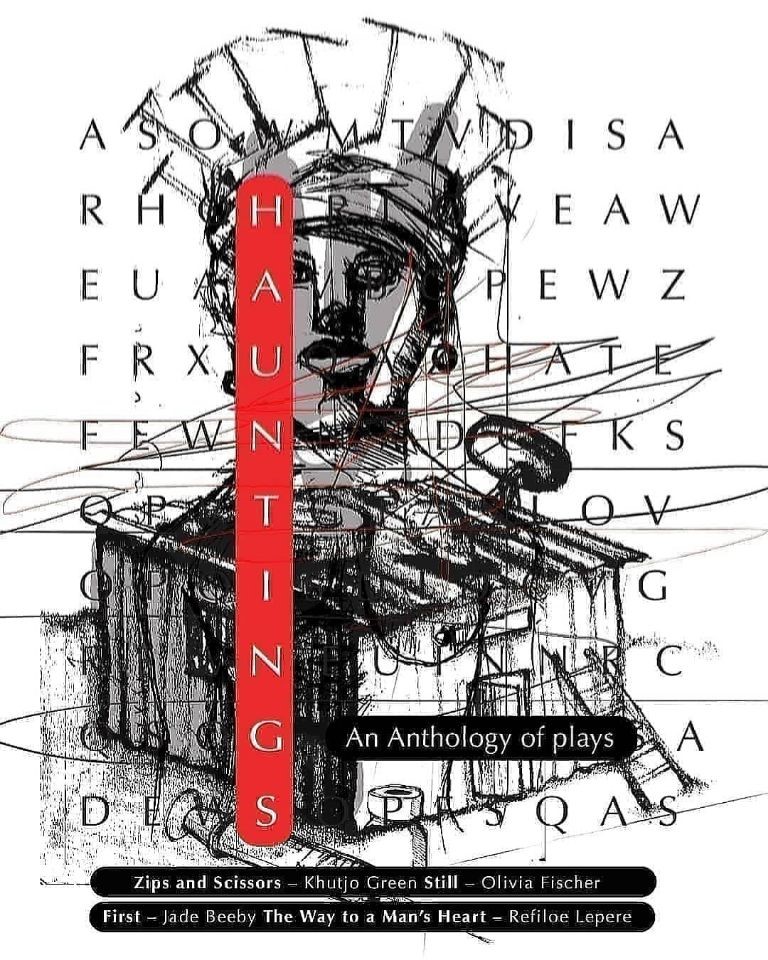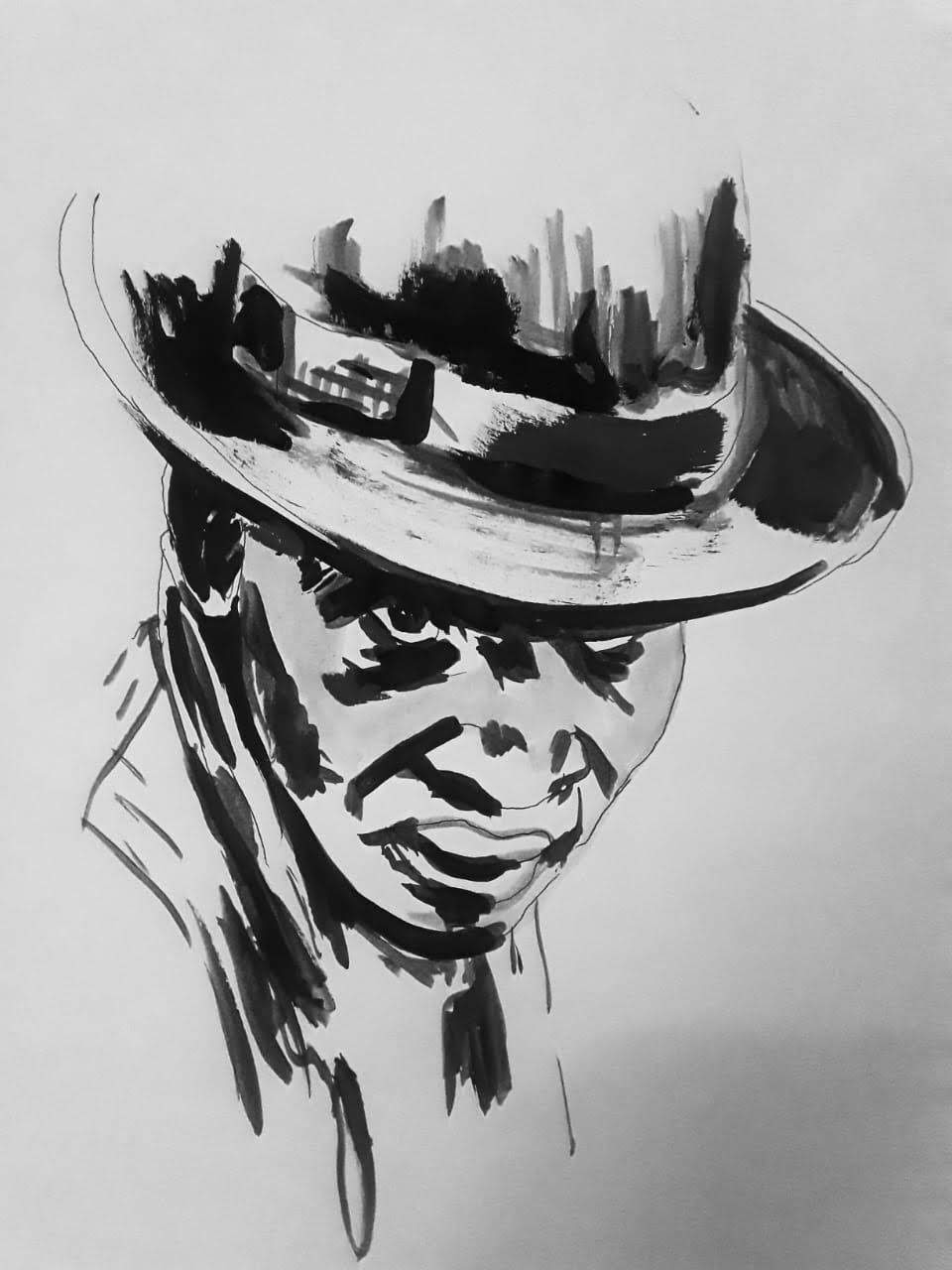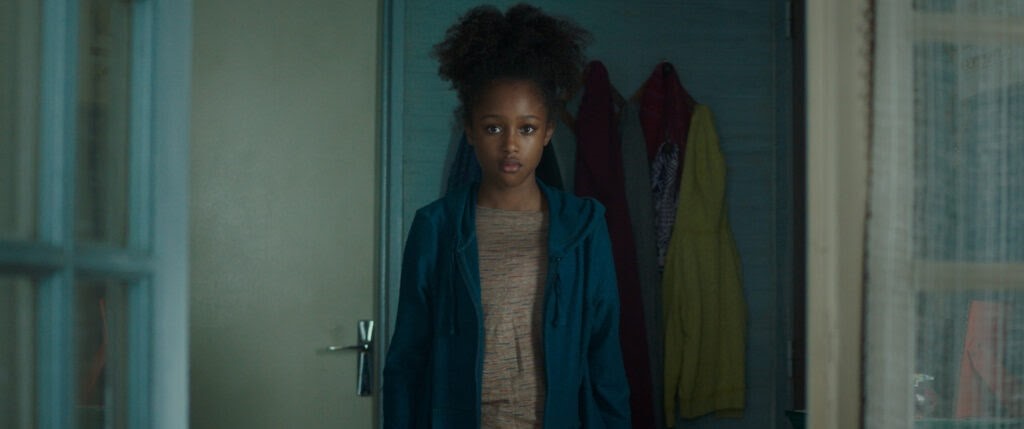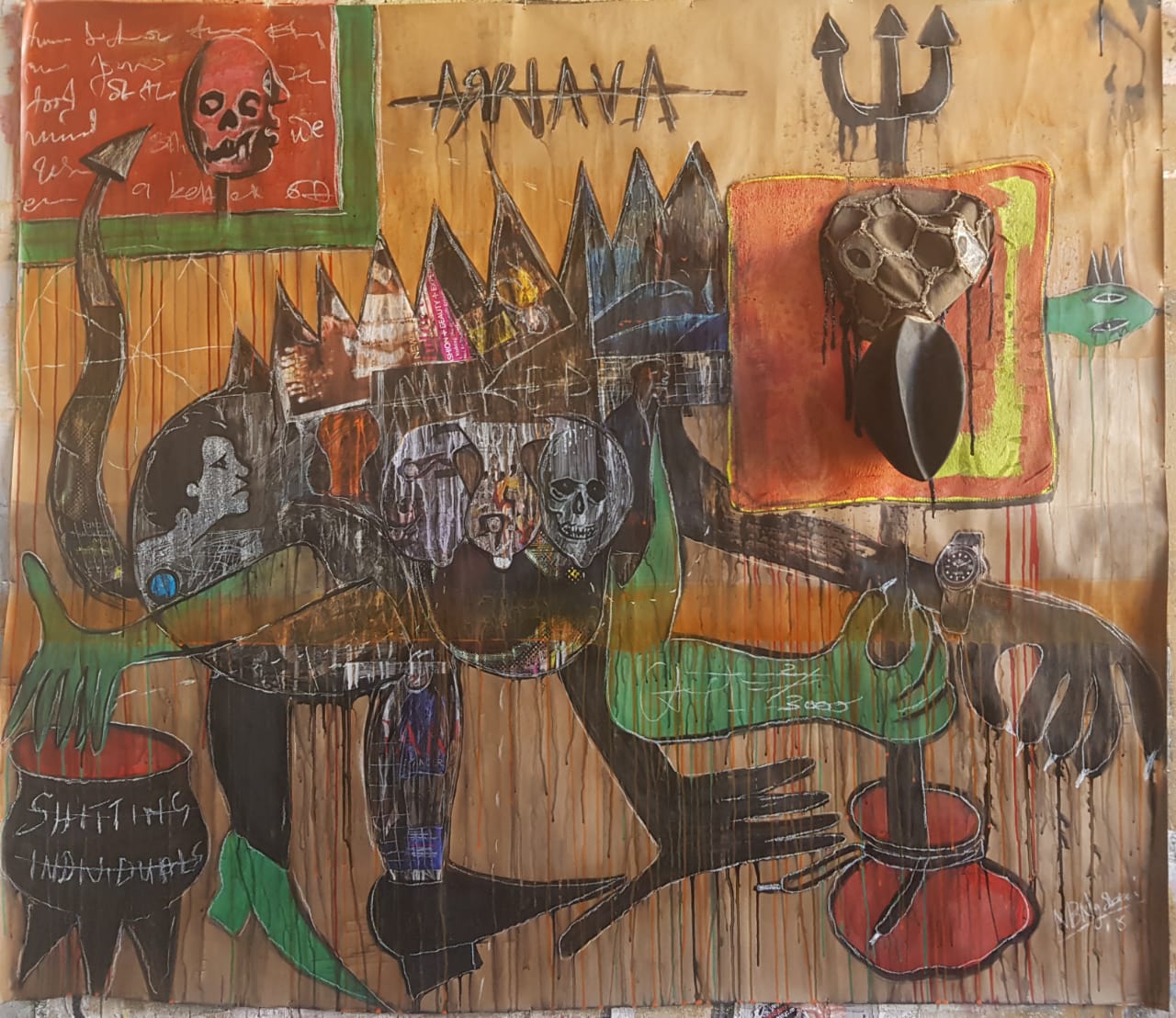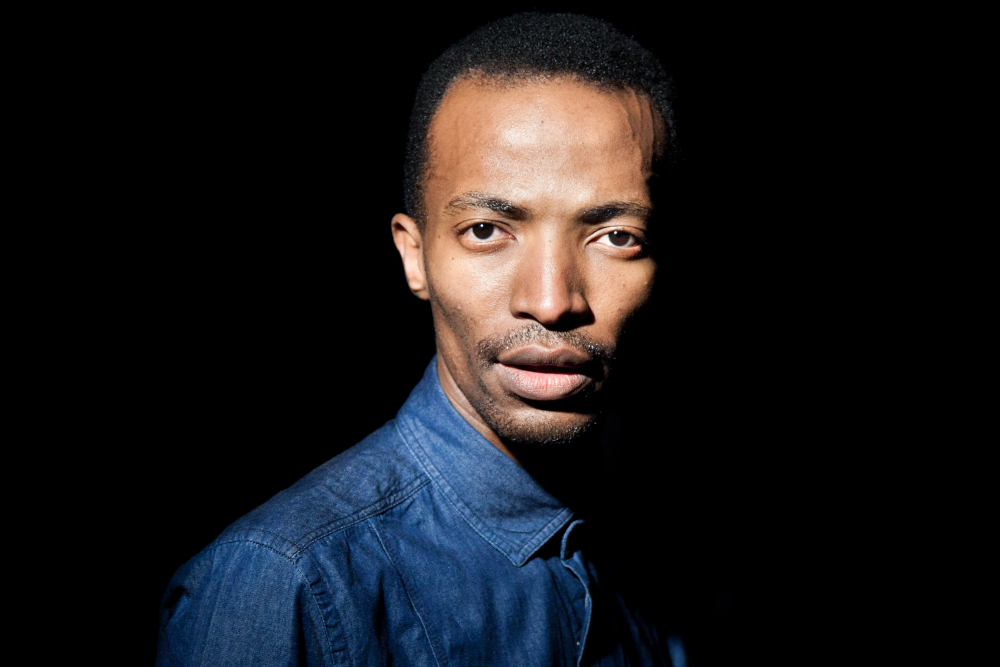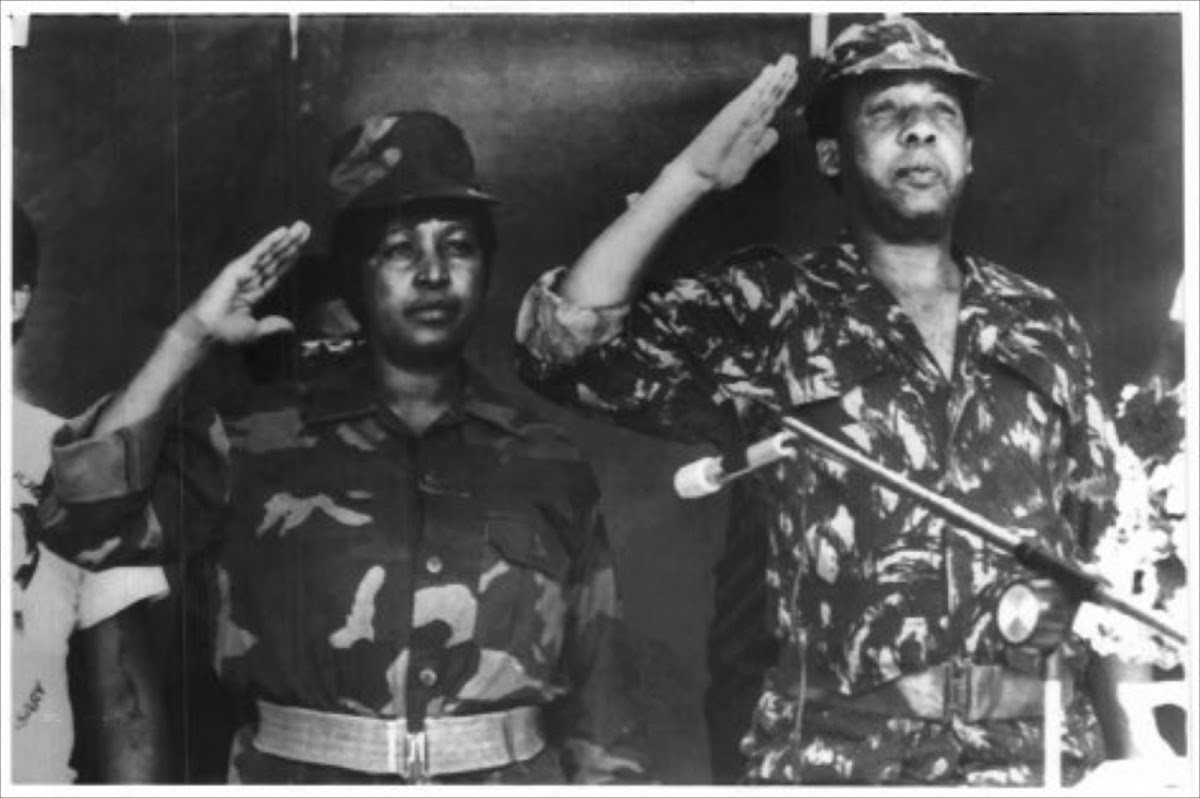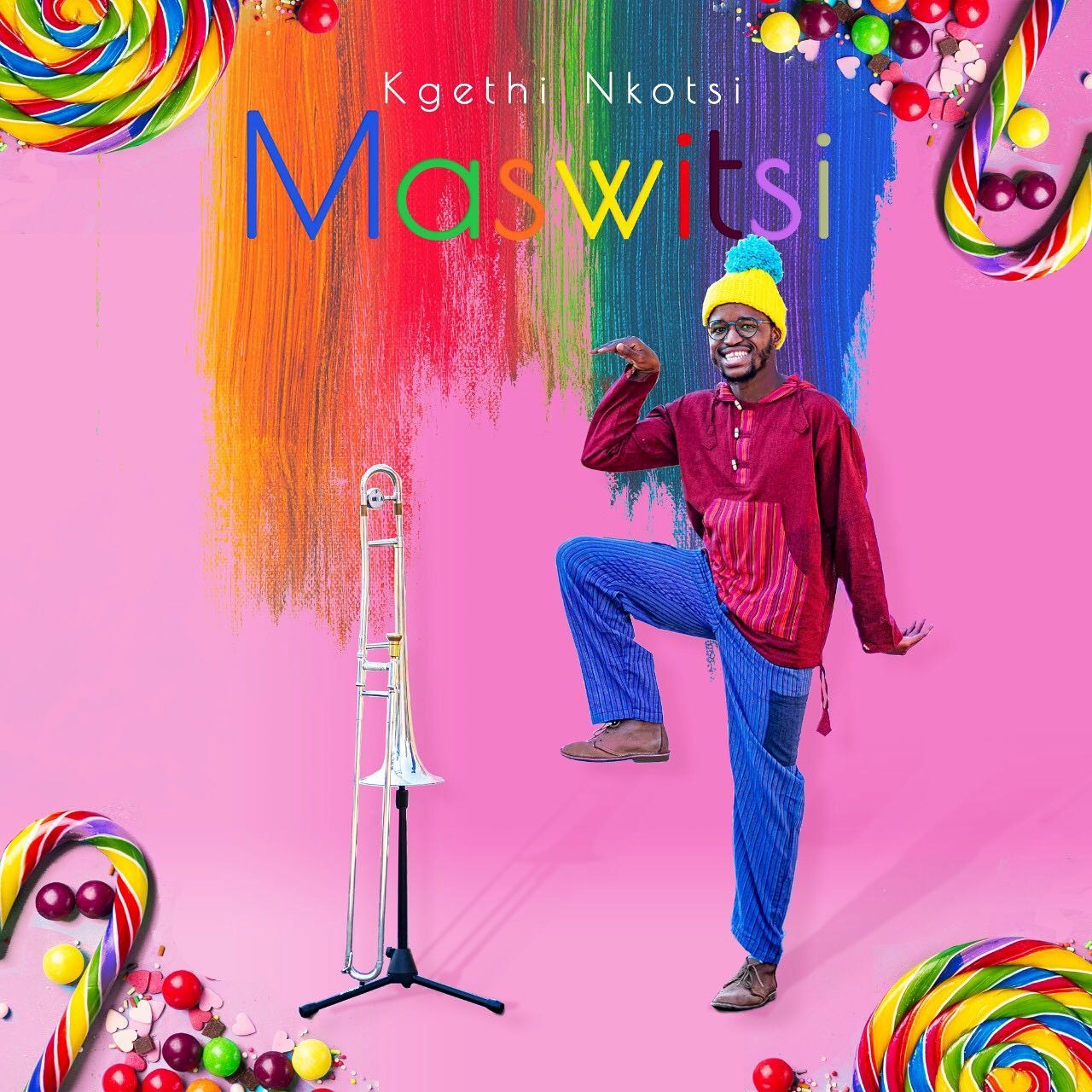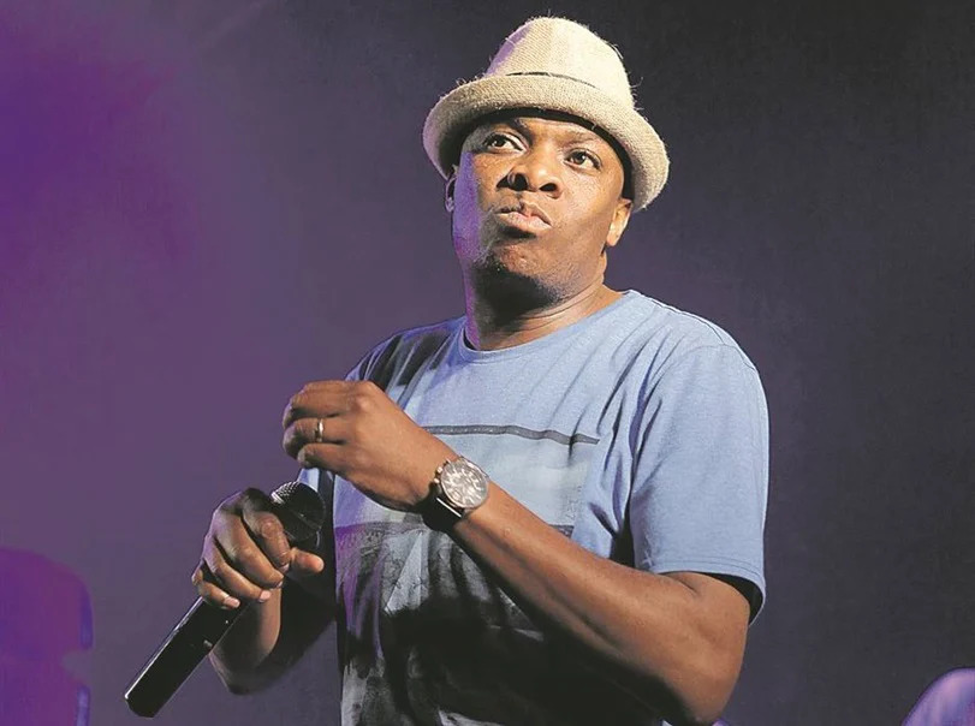My first impulse when I picked up Hauntings the Anthology was, “I hope I won’t be visiting another femicide/GBV trauma ward, as a Black woman who is cursed to have this history of events as their everyday lived experience”. I long for a narrative void of the unaccounted oppression and suffering of women perpetrated by systems of love, lust, greed and forces we know and don’t know of. I am hungry for bodies of work that speak from the heart of the imagination of the writer, and do not present themselves as a moment to pamphleteer for a particular agenda. While I am not saying this is what the work does, I am merely expressing my anxieties about reading creative work in this climate. This is contested terrain because these takes reflect our reality. Still, I imagine that the world of play has the responsibility to offer us more than what we know. The world of play should be the shrine where we conjure up spirits and energies of worlds we long to see, and who we can become, rather than simply mirror what we already know. In conversation with scholars in the Black Aesthetic tradition in theatre particularly, our duty is to, “Show the chains... let them see the chains falling” (Amiri Baraka, 1967). So, delving into Hauntings, I was already exhausted from having to go through a world focused on another debilitating tale of a woman scorned. Of another woman victimised, a woman in chains; chains that we don’t really see falling. Maybe I am obsessed with heroes and I must, in Nondumiso Msimanga’s words, abandon my desire for heroes to imagine a real revolution in history. But I can’t rely on the mundane reality as a source of inspiration for this imagination. The imagination should certainly offer a whole lot more. At the same time, I was spiraled into a state of being haunted again by what Nondumiso Msimanga describes as, “conspiring with these ghosts that rattle you or shudder at the horror that this is your actual life”.
This work presents itself as particularly important for me as an aspiring writer and actor who walks on the shoulders of the gods who contribute to this anthology. Not only am I thrilled by this occurrence, I am particularly drawn to the possibilities of what it means to write as a Black woman rioting, playing, dreaming and living. Each play offers a very unique and fresh aesthetic to what can be seen to play out on the stage. It is with great excitement to see the work take shape, and I look forward to the discourse that certain topics in certain plays bring to the fore. I am trembling with anticipation to see how these stir the pot and punch holes in what we understand as gender politics, especially around the issues of love, desperation and violence.
Zips and Scissors
Khutjo Green writes a compelling story about a woman pimp, (Madame Dee) who is the employer to two men, Sylvester and the Head of Security. These men are responsible for recruiting girls for Madame Dee to pimp out, as well as run the trade of bodies as per the expectation in this line of work. She runs this business under the decoy of a seamstress, having these girls that are being prostituted parade as assistants for the “dressmaking” work that she is using as a disguise. On this particular day, a young Fatima shows up and asks for a matric dance dress to be made for her, but unfortunately this interaction lands with her caught in Madame Dee’s maze. One of the girls, Silk, has what we can describe as an unresolved romantic issue with Sylvester. This complicates things for her, but also allows her to evade certain violence perpetuated by Madame Dee and her guests. One of the girls, Satin, commits suicide and her story ends there, much like the real cases in these narratives, and Organza manages to run away.
When Satin flees and leaves Silk, who is skeptical about leaving behind with the words, “what’s worse is you pretending to be dead”, this does not fully resolve anything. The play comes to a close with Madame Dee replacing the runaway, showing that this cycle is far from over. Here, Green misses a window or an opportunity for us to see the chains falling. Organza has the chance to burn this women’s establishment down, lobby the other girls against her and overthrow her, shoot the villain using Sylvester or the head of security’s gun, outsmart the villain; something, anything. Something momentous where we can see this victim defeat their villain. Unlikely in real life, perhaps, but possible in our imaginations, the dwelling place of the creative artist. Where everything begins. It is through seeing images that reflect this that we can even deem it possible to materialise these endings in reality. At the same time, I am grateful to Green for telling our painful truths so deliberately, honestly, yet so delicately and respectfully. For adding on to the archive of stories that find beautiful expression in our minds and tongues, pieces of us that reflect us, we are honoured. We come alive so colourfully and with deep-seated integrity because you wrote us that way.
Still
Olivia Fischer poetically relays an exquisite tale about a nerdy swimming athlete, the young girl Chloe, who attends a party for the first time with her friend Aaron. Not only does she get molested by the jock Nick, who is Julia’s boyfriend, but she also finds herself “responsible” for her molester’s death. In beautifully crafted sentences such as, “Water held her in ways the earth could never” … Fischer charms us into this almost very gruesome tale about betrayal. She not only serenades us with her words, but with the interesting questions that her characters ask themselves. It is refreshing to not have to go into the gory details of what happened to the victim, but instead see things from the view of the “bystander”. We see Aaron unravel as he thinks through what it really means to sexually assault, and confronts the reality that he too is capable of committing that kind of crime; notwithstanding his gentle nature. There is something like a body of water contained in a bathtub in the stage directions, indicating that throughout the conversation there is a body in the centre.
I look forward to seeing how this comes alive on stage, especially how this body and bathtub affect the other bodies on stage. There is no pressure for me to address issues of chains falling in this piece, solely because it may not be relevant. However, for the sake of drama, I hand it to the writer for the plot twist that we all saw coming but dismissed because, “how could she” and she does. The reveal at the end is brave and almost genius, because it takes us to the intricacies of the complexities of morality, truth, integrity, sanity and woman-to-woman-bonds in relation to men. These are all conversations that are heated in mostly heteronormative set-ups, that are not only overplayed but certainly too real to simply push to the back of the line, or overlook.
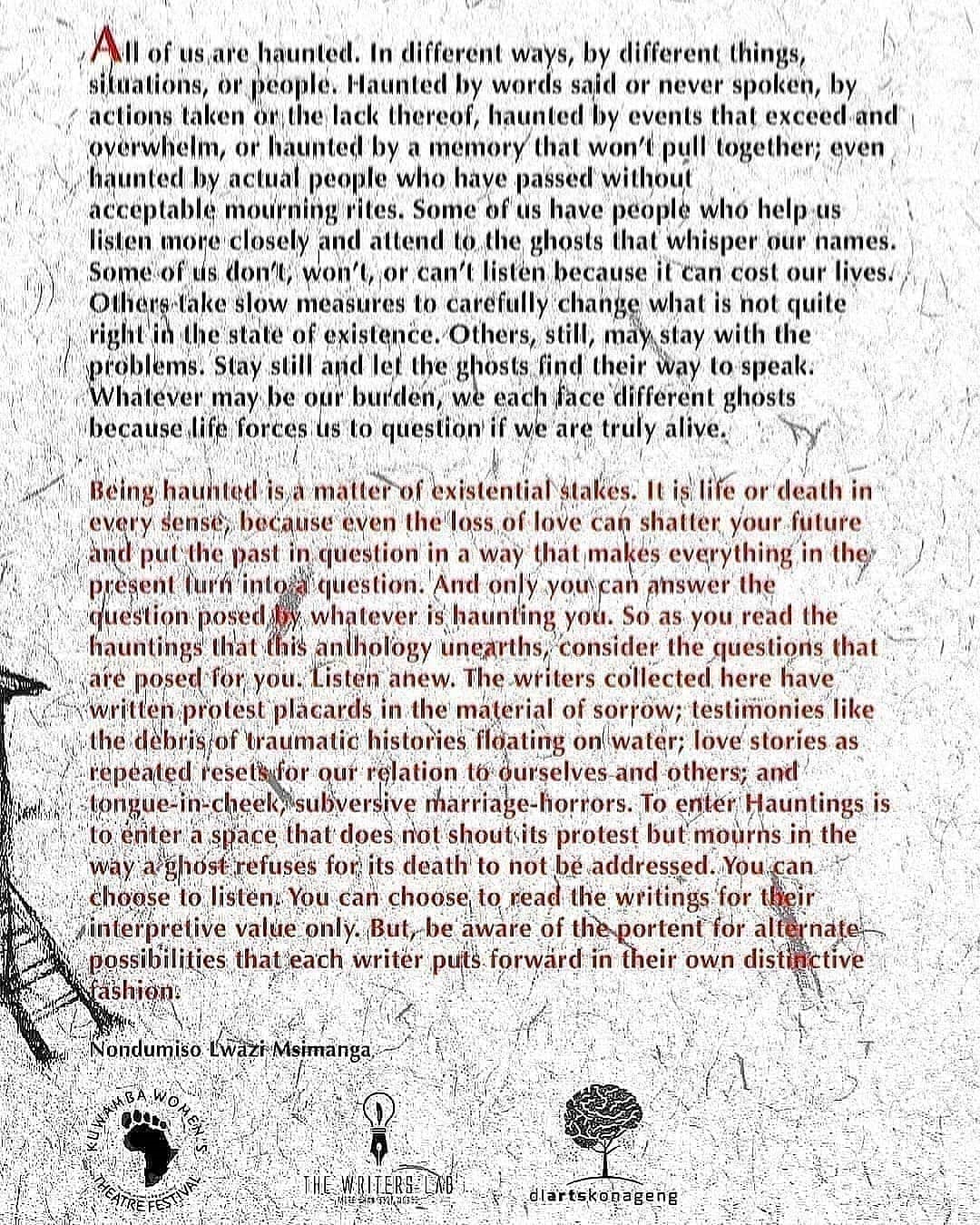
First
Written like a word game, the words are intelligently knitted together through repetition, switch-over, bending and mending into infinite meaning-making. Jade Beeby writes a whimsical play about a couple’s journey of firsts, from when they first meet right up until they think about careers, meeting parents, children and so forth. Different scenarios are presented to us through a play on the same words, to show how approach can yield varying responses or reactions. Truly a hopeless romantic’s dream. We spend most of our adult lives being haunted by love, and this play maps out the different ways in which things could end up. We see love falling apart and coming together. Dreams forming and dismantling. Different ideas, really butting heads with each other and finding common ground. We see concern, we see disdain. We see almost all the motions found in love. Its impossibilities and its possibilities. It’s making it through the impossibilities and sometimes simply missing the possibilities. The play is adorable, but written with a kind of genius. I simply cannot wait to see it on stage
A Way to A Man's Heart
Finally, a word in my home language. Written in the rhythm of my mother tongue, I am simply welcomed with ease into the warm home that Dikeledi Lefoko makes for her and her stupid husband George Lefoko. This is a story about a young woman who finds herself stuck in a marriage with an asshole. Not only does he underestimate Dikeledi, he is also having an affair with her best friend Zodwa Zikalala. Refiloe Lepere does an interesting thing with the woman characters in this play, by juxtaposing them. Dikeledi has the husband, the house, the access to wealth, the obedience and all the makings of a wife, but does not necessarily have the man. Zodwa is not a dutiful daughter, she does not have time for homemaking and nurturing old men with dying hearts. She is a city girl and my hero, who “has” the man. Lepere stirs the pot here by creating these frictions between these two women, who love each other and are opposite sides of the same coin. The reader is left to question who is wrong between the two, and why. Zodwa has the man’s attention and the minor instant gratification.
Dikeledi suffers being ignored, disliked and being betrayed by her lover and best friend, but she happens to be playing the long game. While Zodwa and the stupid husband are complacent, Dikeledi conjures up a brilliant plan that will have her at the top of the food chain when all is said and done. This makes a stunning intertextual reference to Thandi Ntuli’s Dikeledi in the Indaba Is compilation. "Dikeledi tsa badimo hade weli fatshe." In this play, I certainly see the chains falling. Dikeledi does not waste time confronting her friend, whom she knows is too short-sighted to see what's actually going on. She goes for the bullseye. This story is not about the blues of being in terrible marriages, it’s about reparations and taking back what is rightfully yours, and in the ways victims can conquer.
In essence this anthology teaches us that we live with the ghosts that haunt us. It is our responsibility therefore to teach them how to act, before they dictate to us how we must live our lives or what is to be done. How that is done is subjective and should never be subjected to any form of judgement. The trade is not fair at all, but such is life. If we lose grip on how to navigate the things that haunt us, these ghosts that almost keep us alive will take up most of the space till we cease to exist. As such, my view is that this collection of plays begs us to do what Msaki suggests: "fetch our lives, go on be in life, ain’t nobody living out here, be someone who is living out here”.

